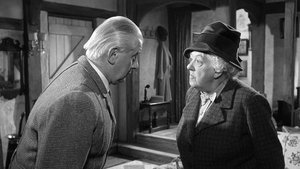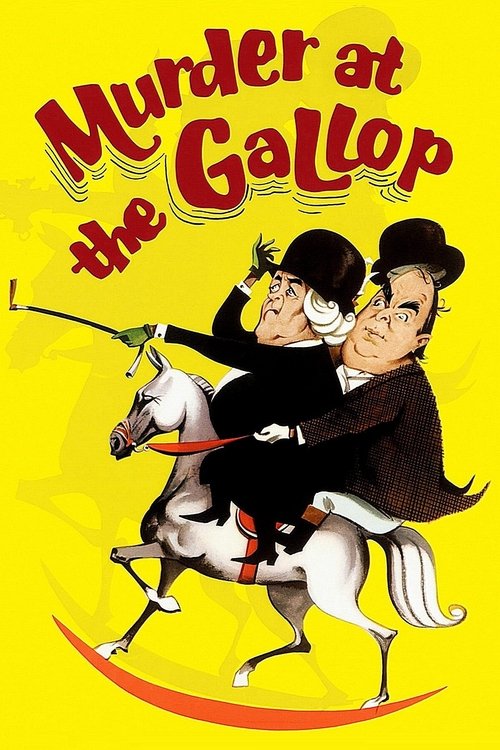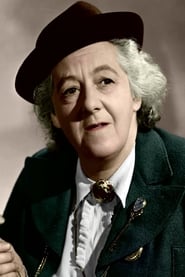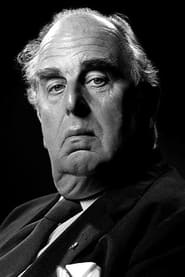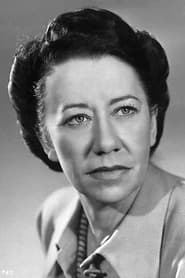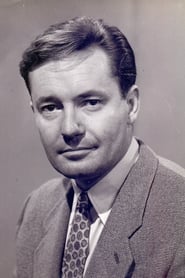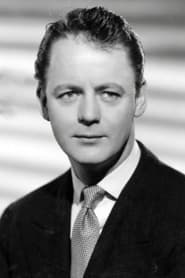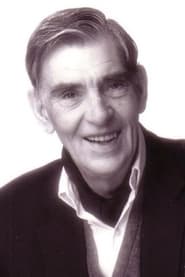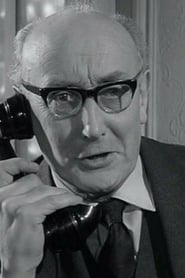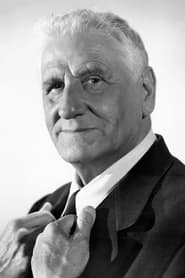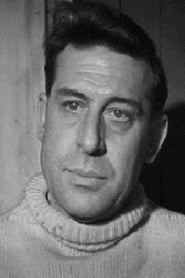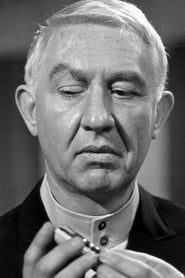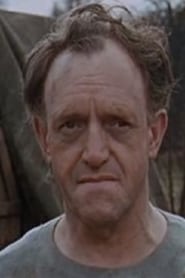Cast
View AllMargaret Rutherford
as Miss Jane Marple
Stringer Davis
as Jim Stringer
Robert Morley
as Hector Enderby
Flora Robson
as Miss Milchrest
Charles Tingwell
as Inspector Craddock
Gordon Harris
as Sergeant Bacon
Robert Urquhart
as George Crossfield
Katya Douglas
as Rosamund Shane
James Villiers
as Michael Shane
Noel Howlett
as Mr. Trundell
Finlay Currie
as Old Enderby
Duncan Lamont
as Hillman
Kevin Stoney
as Dr. Markwell
Frank Atkinson
as Hotel Night Porter (uncredited)
Roger Avon
as Police Photographer (uncredited)
Crew
Director
- George Pollock
Producer
- Lawrence P. Bachmann
- George H. Brown
Reviews
CinemaSerf
Ron Goodwin's equestrian variation of his opening theme at the top of this film gives you a clear indication of the treat you're about to receive. Margaret Rutherford is magnificent as the scatty, eccentric old lady with a penchant for lateral thinking and good old fashioned sleuthing. This is my favourite of the four films she made with husband Stringer Davis and Charles Tingwell as the never quite up to speed "Inspector Craddock". This one centres around the murder (or was it!?) of a wealthy old recluse and the gathering of the avaricious relatives after his death. Needless to say, murder ensues as "Miss Marple" tries to track down the culprit. Dame Flora Robson and Robert Morley are great in support and this short, but sweet, detective yarn is just a joy to watch.
Jun 1, 2024
Thematic Analysis
As a dramatic work, Murder at the Gallop examines complex human relationships and emotional struggles against the backdrop of a period setting that reflects societal issues of its time. The character development particularly stands out, offering viewers a chance to reflect on their own life journeys.
Director George Pollock brings their distinctive visual style to this film, continuing their exploration of themes seen in their previous works while adding new elements. Their approach to character development and emotional depth creates a viewing experience that rewards close attention.
Released in 1963, the film exists within a cultural context that now offers viewers historical perspective on the social issues of that era. Its reception demonstrates the diverse reactions to its artistic choices and its place in cinema history.
Did You Know?
- The production of Murder at the Gallop took approximately 19 months from pre-production to final cut.
- The final cut of the film runs for 81 minutes, though the director's initial assembly was reportedly 126 minutes long.
- The director insisted on using practical effects whenever possible, reserving CGI for only the most necessary scenes.
- Several scenes were filmed in multiple locations to capture the perfect setting.
- Some visual effects sequences took up to 3 months to complete.
Historical Context
- In 1963, when this film was released:
- Counterculture movements were challenging traditional values.
- The Vietnam War was becoming increasingly controversial.
- The film industry was dominated by major studios, with independent cinema still in its early development.
How This Film Stands Out
While Murder at the Gallop shares thematic elements with other films in its genre, it distinguishes itself through its unique approach to storytelling, visual style, and character development.
Unlike Baian the Assassin, which focuses more on action than character development, Murder at the Gallop subverts genre expectations by exploring its themes with greater nuance.
While films like Tomorrow's Dining Table and Candyman explore similar territory, Murder at the Gallop stands apart through its deeper exploration of its central themes and more complex characterization.
This film's unique contribution to cinema lies in its bold artistic choices and willingness to challenge viewer expectations, making it a valuable addition to its genre.
Details
- Release Date: June 24, 1963
- Runtime: 1h 21m
